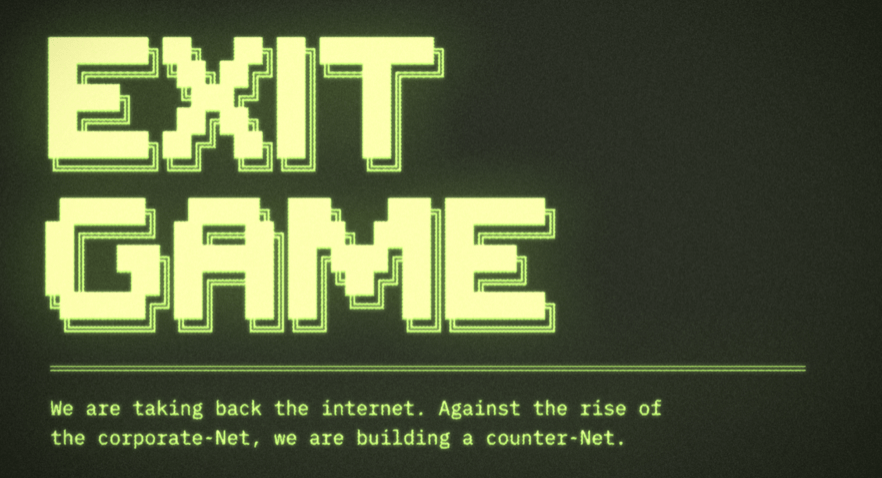Millions of people have decided to invest in cryptocurrencies. In fact, 42 percent of millennials agree that most people will be using Bitcoin in the next ten years. With so much hype surrounding the crypto community, the vast majority of traders have (seemingly) disregarded the limitations of exchanges like Coinbase and Binance and risked losing their investments through centralized exchanges. 99% of crypto trades occur through centralized exchanges (CEX), but these platforms are extremely susceptible to large-scale hacking. Nearly one million Bitcoins (valued at $15 billion USD) have been stolen since 2013. Centralized exchanges work against the ethos of blockchain technology because of their dependency in having a third party hold user assets. The vulnerability in this dependency has largely contributed to FUD. Problems with Centralized Exchanges: 1. Fees Are Too High Many well-known crypto exchanges charge between .25% to 3% in fees, while most decentralized exchanges charge a small flat fee or, in many cases, no fee at all. 2 Non-existent Customer Support Although some exchanges promise quality customer support, it’s merely a promise. A multitude of Reddit threads document traders waiting weeks for someone to get back to them. 3 Proof of Identity Centralized cryptocurrency exchanges work similar to any other centralized institution in that they can ask for personal information and proof of identity in order to deposit or withdraw on their platform. 4 Hacks and Server Downtime Nearly every time Bitcoin or Ethereum prices fluctuate, centralized exchanges have large scale outages . Server downtime during key times keeps traders from cashing in on surges in value. Decentralized exchanges (DEX) facilitate peer-to-peer trading. Rather than giving funds to a CEX, you deposit them to an escrow-like service that conducts the transaction. DEX’s adhere to blockchain ethos because they remove the need for a third-party. Decentralized exchanges are the future of cryptocurrency trading: 1 Global Because decentralized exchanges are not associated with banks or the government, they do not have borders or barriers - essentially anyone on the Internet can utilize a decentralized platform. 2 Transparent Decentralized systems are open and transparent. Transactions on the exchange are open source and viewable by anyone. 3 Secure The traditional financial system is full of centralized institutions, like Wells Fargo. These institutions can be hacked and robbed. Using a decentralized exchange gives traders the opportunity to maintain control of their own keys and funds. 4 Anonymous Decentralized exchanges give users the ability to keep their personal information private. The system operates anonymously. Decentralized exchanges have garnered a reputation for being secure but user-unfriendly, especially for crypto newbies. However, up-and-coming exchanges, like LQDEX , are focused on alleviating this issue.
Investment DisclaimerThe Future Of Crypto Trading: Decentralized Exchanges
Published
5 years ago on
June 01, 2018
Ethan is a new media practitioner who has consulted for a multitude of tech startups, ranging from dating websites to cryptocurrency. While some crypto experts like to get technical, Ethan prefers to draw similarities between "real life" and digital currency. As a reporter, he tries to keep his pieces fun, balanced and interesting.

Altcoins
May 3, 2024
Crypto Analysts Tip this New Token to be the Next Big Solana Meme Coin

Breaking News
May 3, 2024
Tether Implements USDT Surveillance in Partnership with Chainalysis

Bitcoin
May 3, 2024





